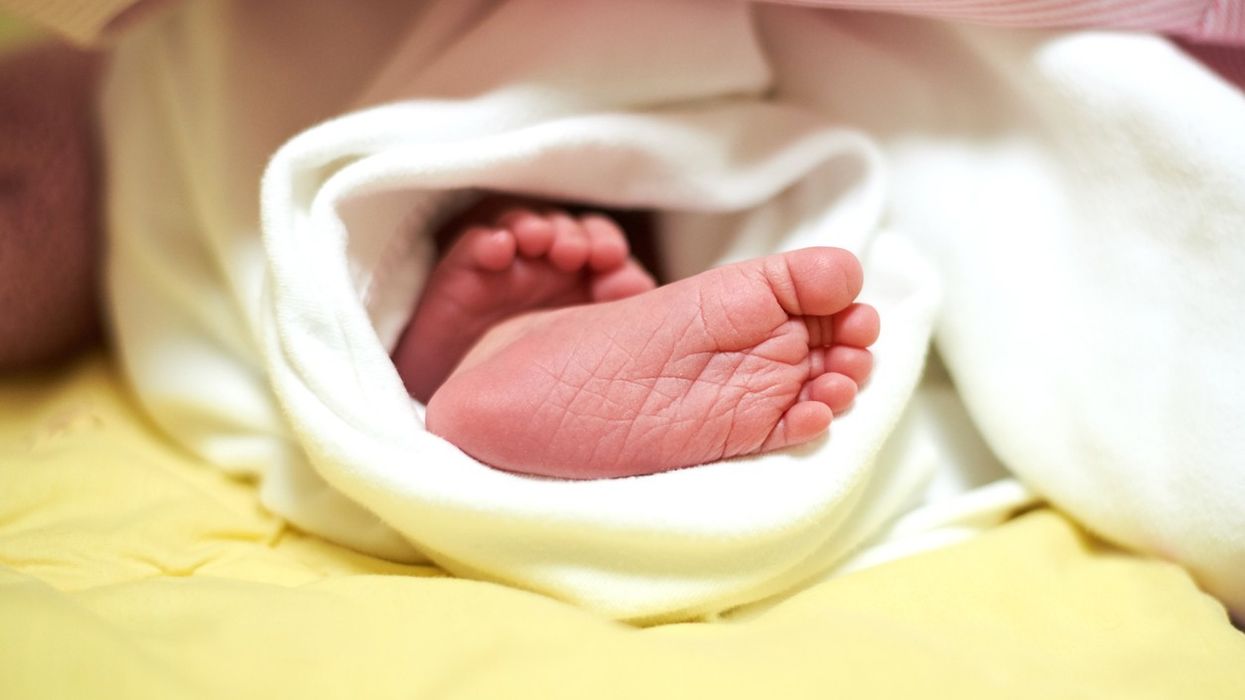South Korea is grappling with the world's lowest birth rate, a crisis that shows no signs of abating as new data reveals a further 8 per cent decline in 2023 to an alarming 0.72, well below the 2.1 needed for population stability.
This relentless decline, now spanning over a decade, has prompted the government to declare it a "national emergency," with financial incentives and policies amounting to $270 billion (£ 78.9068) since 2006 failing to reverse the trend.
The repercussions are dire, with projections estimating a halving of the population by 2100, a significant reduction in the workforce, and a shrinking pool for mandatory military service. Policymakers are increasingly acknowledging the severity of the situation, but the root causes of this crisis are multifaceted, deeply entrenched, and extend beyond financial incentives.
One striking factor is the evolving role of women in South Korean society. The surge in female education and workforce participation, coupled with a slower evolution of traditional gender roles, has led many women to prioritize their careers over starting families.
Since 2018, South Korea has been the only member of the Organisation for Economic Co-Operation and Development (OECD) to have a rate below 1. In addition, South Korean women give birth for the first time at an average age of 33.6 – the highest among OECD members.
"It's hard to find a dateable man in Korea - one who will share the chores and the childcare equally, and women who have babies alone are not judged kindly," says Yejin, a 30-year-old South Korean woman.

The demanding work culture in South Korea, with long hours and overtime, adds another layer to the challenge. The fear of potential career setbacks and societal pressure further dissuades women from taking maternity leave, with only 7 per cent of new fathers utilizing their leave compared to 70 per cent of new mothers.
Educationally empowered Korean women face a trade-off between career and family, as reflected in the country's high gender pay gap and a disproportionate number of women out of work compared to men. The cost of private education, a unique burden in South Korea, further compounds the issue.
Parents face societal expectations to enrol children in expensive extracurricular classes from the age of four, making it the most expensive country in the world to raise a child. This financial strain, coupled with the perception that opting out leads to failure, contributes significantly to the declining birth rate.
Since 2006, the government has allocated over 360 trillion won (£ 78.9068) for initiatives aimed at boosting childbirth rates. These programs encompass cash subsidies, babysitting services, and assistance for infertility treatment to encourage couples to have more children.
Cultural factors also play a crucial role, with the difficulty of juggling work and household responsibilities falling disproportionately on women. The prevailing expectation that mothers take two to three years off work when having a child adds another layer of pressure, contributing to the perception that South Korea is not a conducive environment for raising happy children.
However, not all women are choosing childlessness willingly.
As South Korea faces a looming demographic crisis, President Yoon Suk Yeol has acknowledged that past attempts to spend their way out of the problem have failed. The government is now considering treating the low birth rate as a "structural problem."
The challenge lies in translating this acknowledgement into effective policies that address the multifaceted issues contributing to the crisis. Amidst the gloom, there is a glimmer of hope as some politicians begin to showcase policies aimed at stemming the population decline.
These include initiatives for more public housing and easier loans. Additionally, discussions on the legalization of same-sex marriage and access to sperm donors may provide an avenue for those who wish to have children but face legal barriers. (With inputs from BBC, The Guardian)




